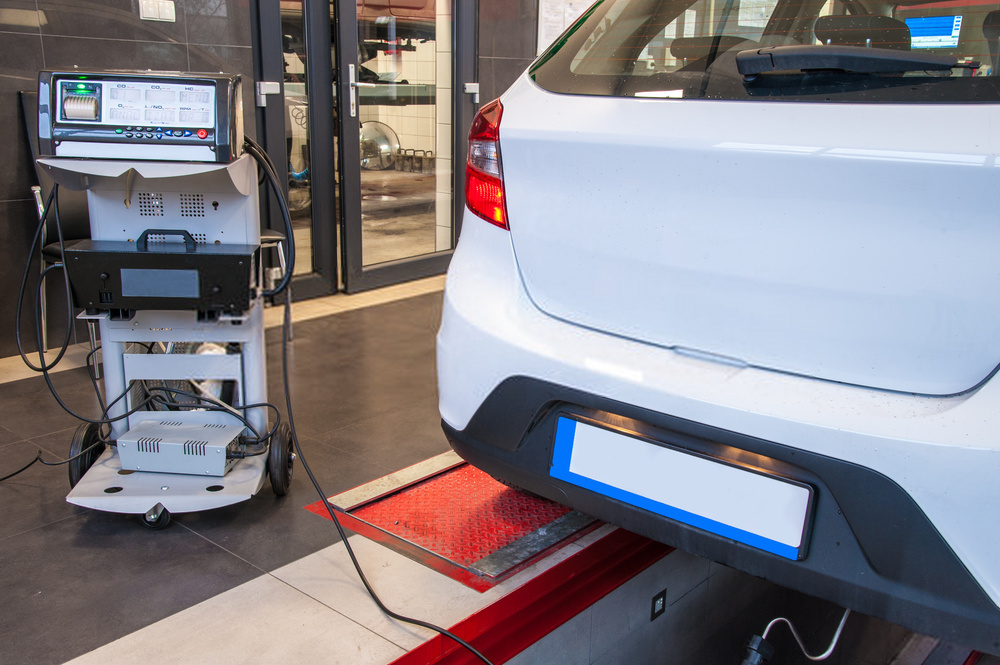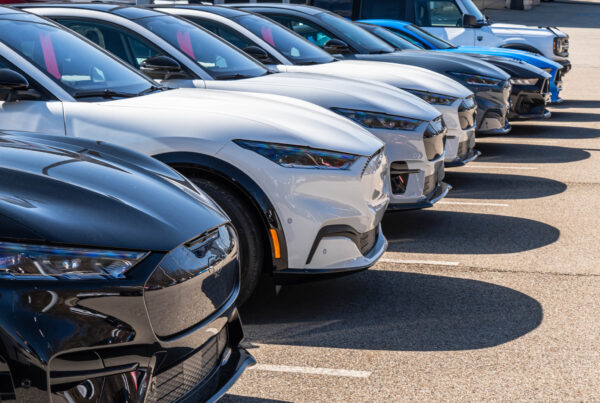Unless your fleet has fully shifted to driving electric vehicles, fuel expense remains one of the greatest variables in your running cost. Between rising fuel costs and the need to reduce emissions to protect the environment, it’s becoming more and more important to choose fuel-efficient vehicles for our fleets.
Often, fleet managers would refer to the sticker on a car’s windscreen to check if its fuel consumption is ideal for their fleet’s goals. These numbers are typically determined based on the emission performance of these cars in laboratory conditions.
But according to the Australian Automobile Association (AAA), the real-world fuel economy of some of the most popular cars in Australia varies widely from what is advertised. This unreliable information may be costing not only the pockets of consumers but the environment as well.
“The Australian consumers and the Australian regulators have known for about five years that laboratory testing of cars is not giving us the information we need,” AAA managing director Michael Bradley said.
The motoring body has been calling for a shift to real-world emissions tests since 2015 following a scandal involving Volkswagen’s installation of defeat devices to cheat emission tests. According to them, this can produce more accurate results and to prevent car makers from implementing defeat devices that could alter their results.
Change Could Be Coming
The Australian Labor Party has recently thrown its support behind this endeavor and if they win in the coming federal election, on-road fuel consumption testing could soon be the standard in Australia.
According to reports, Labor has committed to providing $14 million to the motoring body to run real-world tests on about 60 cars each year if it wins the election.
“There’s enough evidence to reach the conclusion that sometimes lab testing is not enough information for consumers to base their choices on,” Shadow Climate Change and Energy Minister Chris Bowen said.
“I think consumers are cynical and this particular measure, run by the AAA, would give more consumers confidence.”
The federal government, however, believes otherwise.
According to the Transport ministry, lab tests “currently used for the fuel consumption label is based on international standards and allows vehicles to be compared on a consistent basis”.



















